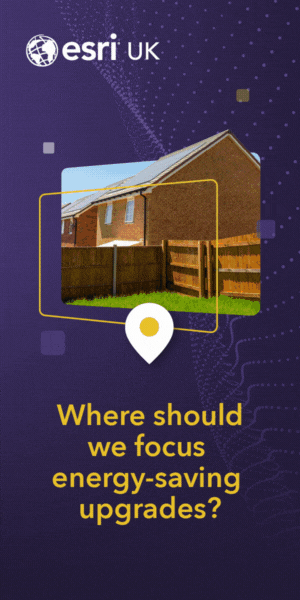Children’s Commissioner
|
|
Understanding children’s experience of PSHE and RSE
In the wake of Everyone’s Invited and Ofsted’s Review into sexual harassment in schools, it should be clear to everyone that children are grappling with some serious challenges. Some of these issues are old, some are new, and some are longstanding issues exacerbated by new technologies. Children are dealing with these problems in their daily lives, and they are clearly asking for more help and guidance from the adults around them.
That was something that I heard very clearly from children in The Big Ask, the largest-ever survey of children in England that I conducted at the end of last year. This generation enjoys school and values their education, and they want it to prepare them for life and not just for exams. As one child said in The Big Ask:
“In school we don’t focus on practical education it’s all things we are never going to use again in our life” – Girl, 15.
Children told us how important they found it to be taught life skills, about finances, and about relationships. They spoke about the value to them when these topics were taught well, but, also about how difficult it could be when they weren’t. As one girl said on the barriers holding her back:
“Lack of real life skills and education about things that actually matter! … I want to know how to buy a house, pay taxes, travel!” – Girl, 15.
Another said:
“We don’t learn about bills. We may know how to write a perfect analysis but we don’t learn about life” – Girl, 13.
That is why I am looking into children’s experience of personal, social, health, and economic (PSHE) education. I know first-hand from my experience in education how important it is to teach PSHE and wider life skills for children. These are pillars in children’s lives, and it is absolutely critical that they are built with solid foundations.
I am very pleased to have been commissioned by the Education Secretary to look specifically at relationship and sex education (RSE) and to complement the work that the Department for Education (DfE) is doing to improve the consistency and quality of RSE teaching. I have been asked to look at:
- How we can support schools to teach high quality RSE effectively and with confidence.
- How teachers can feel fully equipped to teach these subjects well.
- How we can include the voice of children and young people in achieving the DfE’s aims for RSE more widely.
I look forward to taking on this project, which will involve speaking to children and families across the country, including those with additional needs, for whom this kind of education is particularly important.
My team will also be analysing data from a nationally representative survey of children on this issue and engaging with RSE teachers, school leaders and stakeholders like the PHSE Association.
I want to acknowledge the tremendous work that is being currently done by PSHE teachers around the country. An element of this project will be finding the excellent practice that exists and sharing it far and wide. My mission with this work is to give teachers the information they need to do their jobs well – for me, that has to start with understanding what children desperately want to know and where they feel they are being left unprepared. As one child said in The Big Ask:
“Schools should do more coverage on certain subjects in PHSE like mental health and such.” – Girl, 12.
This is particularly important in the context of Everyone’s Invited and the findings I have heard from children from my commission from Government to look at children’s online safety. I looked at how we can make children safer online prior to the Online Safety Bill and how their voices can be represented in the legislation.
One thing that is very clearly concerning children today is sexual harassment and gendered violence. Many children told us how seriously this affects them and how critical they consider more education and preventive work in schools, particularly education for boys to prevent these incidents. One girl said:
“I’m fourteen and already I’ve experienced ridiculous amounts of sexual abuse, harassment, and sexism. It is so important to teach all young people, but especially young boys, that this is not okay […] If a fourteen-year-old murdered someone, they would be imprisoned…however a 14 year old who sexually harasses or rapes someone is far less likely to face incarceration, because they didn’t understand etc. They do understand their actions. I promise they do. But they don’t face the consequences and therefore the cycle continues” – Girl, 14.
Hearing from children, made it clear we need to create a safer online world for children. I also have provided more support for parents, by producing a practical guide for parents on how to talk about these things to their children. The online world has increased access to harmful material for children and young people, this is something I am determined to change.
We must make sure that we are supporting this next generation, who are growing up with pressures we as adults did not have to go through. To do this, we must understand if children are being taught well, if we have equipped teachers with the right tools to discuss these new and difficult topics. And, crucially, we need to listen to children about their experiences and learn from their views on how to make our education in this area even better.
Original article link: https://www.childrenscommissioner.gov.uk/2022/06/10/understanding-childrens-experience-of-pshe-and-rse/


